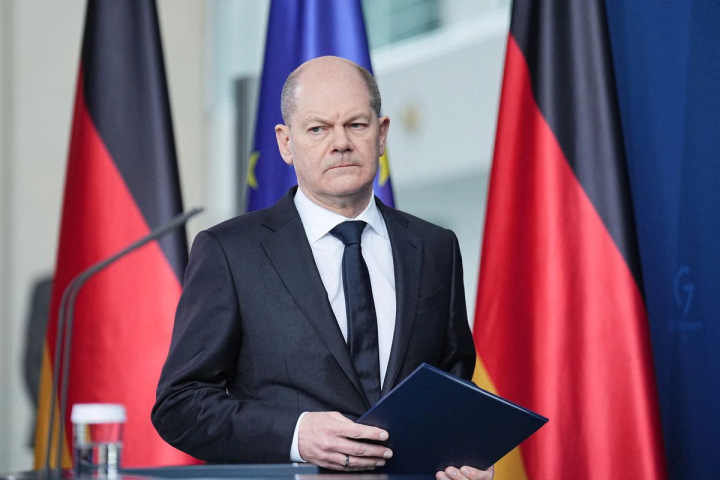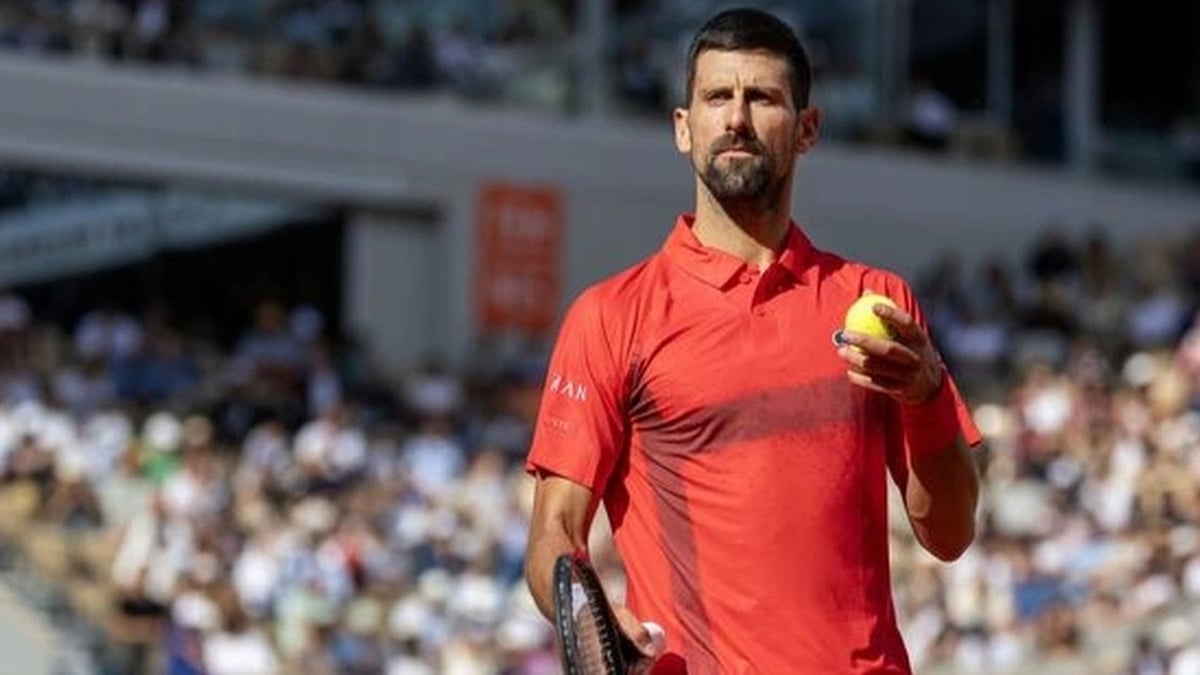Germany's first national security strategy describes Russia as a threat to both regional and global order, and declares NATO “always ready” to “defend its allies”.
The strategy argues that Moscow's military campaign in Ukraine is a "violation of international law and the European security order." Berlin accuses Russia of pursuing imperialist policies and seeking to establish a sphere of influence on the continent.

German Chancellor Olaf Scholz. (Photo: Reuters)
“With its epochal violation of the European peace order, Russia directly threatens Germany's security and the security of NATO and EU allies,” the strategy states, adding that “in the near future, Russia today is the greatest threat to peace and security in the Euro-Atlantic region.”
Germany's national security strategy also stresses that “neither Germany nor NATO ” seeks competition or confrontation with Russia, declaring that NATO is “always ready” to defend the sovereignty of both its members and its allies.
In the foreword to the document, Chancellor Olaf Scholz also said that Russia's military activities in Ukraine change the European security order. He considered it a warning, forcing Germany to fully equip its armed forces to face modern challenges.
Chancellor Olaf Scholz also described the German military's core mission as protecting both Germany itself and its allies against "attacks".
In addition, Germany's national security strategy also considers China a "partner, competitor and systemic rival" , accusing Beijing of constantly acting against Germany's interests in an effort to reshape the global order.
"China is trying in various ways to reorder the existing rules-based international order, while asserting its regional dominance with ever greater force. Actions that repeatedly go against our interests and values," Germany's national security strategy document said.
This is the first time the German government has published a national security strategy, addressing internal and external threats to the country, from military risks to cyber attacks and climate change.
Speaking at the German presentation, Mr. Scholz affirmed that Germany's security identity remains " anchored in the European Union and the transatlantic alliance." He also pointed to Berlin's "deep friendship with France" and "close partnership with the United States."
Kong Anh (Source: RT)
Useful
Emotion
Creative
Unique
Source






























































































![[Infographic] In 2025, 47 products will achieve national OCOP](https://vphoto.vietnam.vn/thumb/402x226/vietnam/resource/IMAGE/2025/7/16/5d672398b0744db3ab920e05db8e5b7d)





Comment (0)